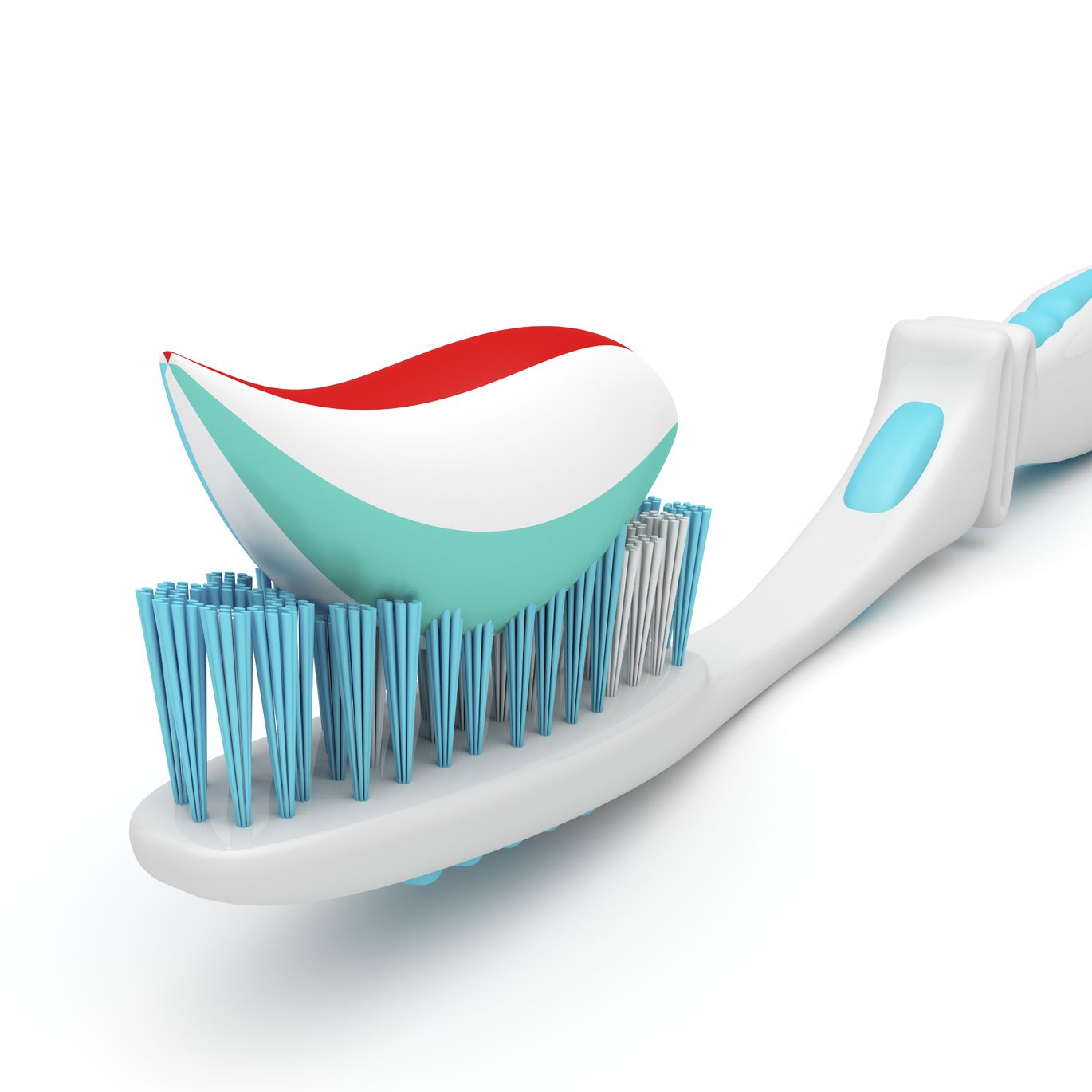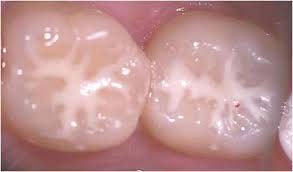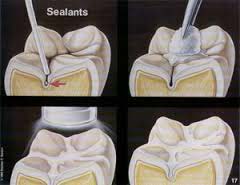At Dental Group we believe in the wise quote that says that “prevention is better than the cure” and we are committed to the provision of high standard services of prevention and dental care.
Through the individualized prevention programs and check-ups future extensive and costly dental procedures are minimized while the health of the teeth is preserved to a high level. Prevention programs, depending upon the case, may include:
- maintenance – scaling (teeth cleaning)
- fluoridation
- placement of preventive fillings (sealants)
During these visits, the dentist examines the teeth for caries and evaluates the status of the preexisting restorations. In addition, the periodontal status is evaluated and the teeth are cleaned (scaling and root planing) as needed. Hence, the gums remain healthy and the patient may preserve the result of periodontal treatment throughout time. Also, during these visits the overall health of the oral cavity is assessed for oral cancer, in order to promptly provide the necessary treatment.
Finally, during these sessions, the patient is further motivated in oral hygiene and instructions are given as needed, in order to ensure the healthy state of the teeth and preserve the result of the dental treatment provided.
How does fluoride act
Fluoride is necessary for dental health and especially for the teeth of children and teenagers that are more sensitive to caries. Its action is local and it is absorbed by the enamel of the teeth making it more resistant to the acid attacks produced by the bacteria that cause caries.
Fluoride is an ingredient of many products that are used either in a household such as toothpastes, fluoride tablets and mouthwashes, or in the dental office such as fluoride gels or fluoride varnishes.
Fluoridation in the dental office
The process of fluoridation is simple and safe and takes place in the dental office through the use of products with a higher concentration of fluoride than those used at home.
The dentist uses fluoride in the form of gel which is applied on the teeth with special trays or in the form of varnishes which is applied directly on the surface of the teeth.
Fluoridation frequency
In children, fluoridation, usually, takes place twice a year. There are, though, cases where fluoridation may occur more often (3 – 4 times a year), mostly to children that are more susceptible to caries. The frequency of fluoridation is determined by the pediatric dentist who sets the individualized fluoridation program for every young patient.
Fluoride products for use at home
Fluoride toothpastes
The use of a fluoride toothpaste is recommended as the best prevention measure against caries. The spreading of its use the last decades in the developed world contributed to the rapid reduction in the incidence of carious lesions.

The process of oral hygiene has to start as soon as the first teeth are erupted, even though many pediatric dentists suggest that the cleaning of the mouth has to start before that. The parents have to be really careful on the quantity of toothpaste used and should consult their dentist. For children aged 3-6 years old the size of the toothpaste used every time has to be similar to the size of a pea, while for children under the age of 3 the quantity of the toothpaste has to be the minimum possible, which means it should be a trace of toothpaste on the toothbrush. Moreover, parents should train and supervise their children so as to not swallow the toothpaste.
Fluoride tablets and fluoride mouthwashes
Fluoride tablets and fluoride mouthwashes are prescribed to children and adults for use at home. They are additional methods of fluoride supply. For children a pediatric dentist’s prescription is necessary in order to provide the proper guidelines of use. Fluoride tablets are usually recommended to toddlers for topical use, while mouthwashes to older children aged 6-7 years old. As regards mouthwashes the pediatric dentist will suggest the one with the correct concentration of fluoride depending on the patient and will provide the relevant necessary guidelines of use.

- Οι μασητικές επιφάνειες των οπίσθιων δοντιών (γομφίων και προγομφίων) δεν είναι λείες, αλλά έχουν μικρές οπές και αύλακες (σχισμές). Εκεί παγιδεύονται υπολείμματα τροφών και μικρόβια. Επειδή ο καθαρισμός των δοντιών αυτών, λόγω θέσεως, είναι πιο δύσκολος, κυρίως, για τα παιδιά, τα μικρόβια και τα οξέα που παράγονται δεν απομακρύνονται, με αποτέλεσμα τα δόντια να εμφανίζουν τερηδόνα.
 Sealant fillings to smoothen out the grooves
Sealant fillings to smoothen out the groovesThe preventive fillings (sealants) smoothen out the grooves of the teeth and they function as a prevention measure towards the accumulation of food and the formation of microbial plaque, that is the cause of tooth caries. At the same time, they facilitate oral hygiene since the grooves of the teeth are now more shallow.
Procedure
The preventive fillings (sealants) are fillings that prevent the development of carious lesions. They are simple, painless and safe. They are placed on the tooth surfaces without removing any kind of dental material or substance. The placement of the sealants is a fast process and is completed in one appointment, without anesthesia. The procedure followed is as described below:
- cleaning and preparation of the tooth surface
- covering of the grooves of the teeth with composite resin
- photopolymerization for the bonding and hardening of the resin
 Placement of sealants on the grooves of the teeth
Placement of sealants on the grooves of the teethDuration
The preventive fillings, generally, have a long lifespan if they have been placed correctly. Effective oral hygiene also plays an important role in the duration of the result. During the regular examinations, the dentist examines if the preventive sealants are intact or detached. In such a case and if necessary, the sealant fillings are usually replaced.
Preventive fillings (Sealants) to children
The preventive fillings are recommended especially to children because of the higher risk for the development of carious lesions. Studies have concluded that children are more vulnerable to the appearance of caries, mostly, to their molars and premolars teeth.
Sealants have to be applied right after the permanent teeth have erupted. The first permanent molars erupt, usually, around the age of 6, while the permanent second molars erupt around the ages of 12 and 13.
The risk for caries in children is very high, on the one hand because of the consumption of foods and beverages of high concentration in sugar, and on the other hand because of the poor oral hygiene. This is due to the clumsiness of the children to brush their teeth and the difficulty to access the back teeth. But parents also have a big part of the responsibility because they don’t insist on good oral hygiene practices, since they think that the baby teeth will be replaced at some point with the permanent teeth
Preventive fillings (Sealants) to teenagers and adults
The preventive fillings protect the teeth from caries. Teenagers and young adults can have preventive sealants as long as their teeth don’t have other fillings on them. They are, especially, recommended to individuals that are prone to caries i.e patients with dry mouth.





